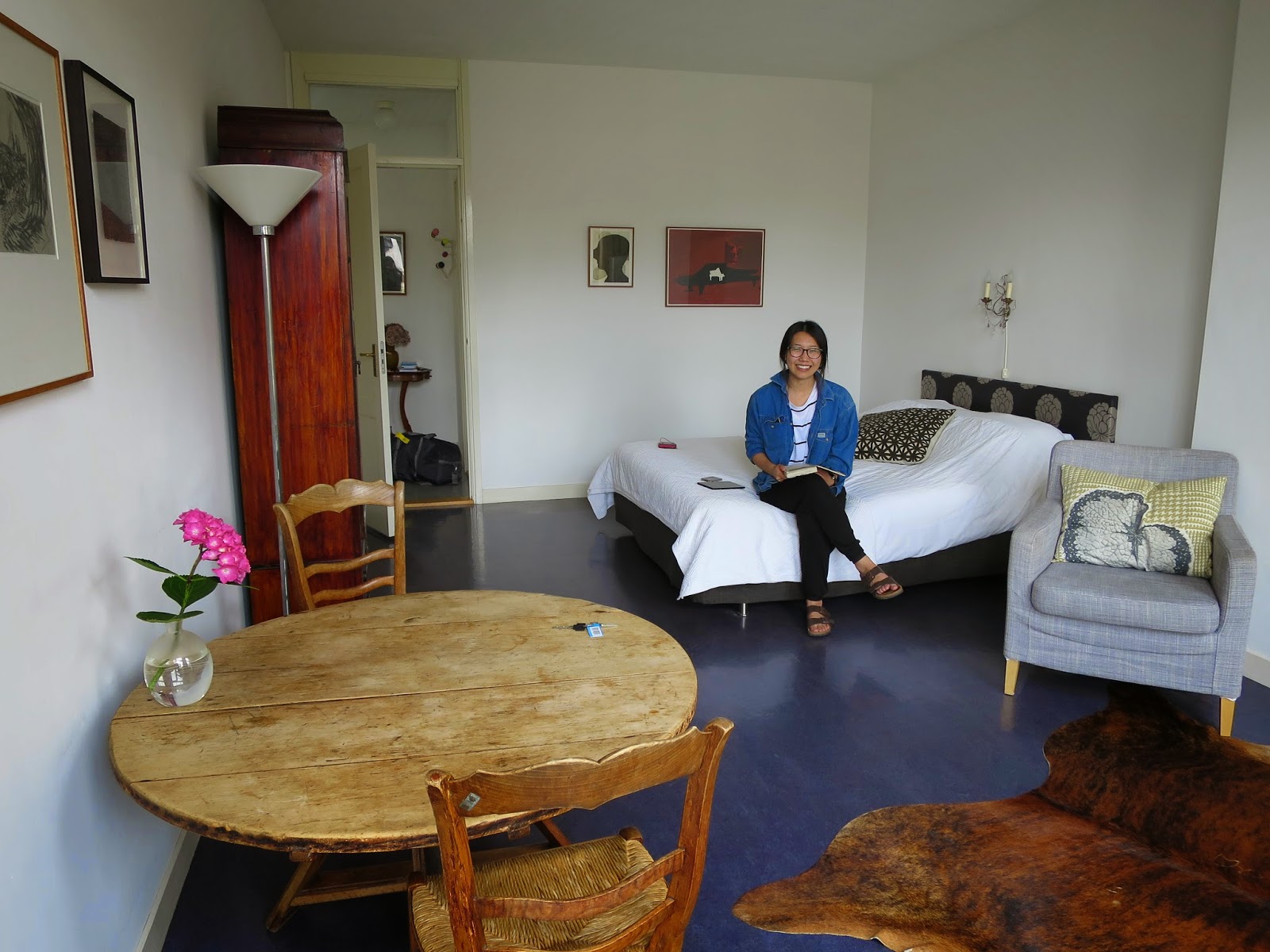I was extremely sick on August 1st
for the 1st time in my life.
I vomited everything in my stomach, and had a severe diarrhea at the
same time. It is a horrible feeling when
you can feel it coming from both ends. I felt so cold I had to take my down jacket
out. I vomited till 4 am and managed to
keep some fluids in after drinking a Stoney’s (Stoney’s is a strong ginger soda).
Tanzania's Stoney Tangawizi. The ones in Kenya normally come in 500mL. The Tanzania Stoney has some sort of weird spices in it. I prefer the Kenyan one.
When you’re sick, it really makes you want
to go home. Forget everything that’s
happening here but just wish to be in your comfortable bed with loved ones
around you. Sadly, or stubbornly, I
couldn’t get myself to contact anyone back at home… I tear up a little in my
bed thinking how sad it is to not have anyone to contact, not because I don’t
have friends, but because I didn’t want to worry them. I think I am just too stubborn for my own
good.
Today is the second last day in the
community. I honestly don’t know how to
feel. It feels numb and confusing. Am I
really going home? I am going to be in Vancouver in 9 days. When I am back, the whole trip is going to
seem like a dream… I am hoping to keep in touch with the people on the ground
and hopefully, I can make it back to Kenya soon enough.
Now I am going to talk about Kenyan
food. It may seem like a weird
transition from vomiting and diarrhea but welcome to a health
science student’s world. When I first
arrived, we only ate beans (oganda), or green grams, cabbage or kale
(skumaweeki) and rice or chapati. Very
limited. When my other 2 team members
Lily and Esha arrived, we started buying more spices such as cumin, etc. Mama Siprose who cooks for us, knows how to
cook but she’s been cooking the same thing due to lack of ingredients we’ve
been purchasing. When she started
cooking with spices, food tasted a lot better. We also bought a whole
chicken from the Nakumat and… seriously, she will make you the best chicken
dish you’ve ever had with a ton of flavours.
We’ve been avoiding meat as much as we could because we heard from
previous teams that it made them sick.
But damn, we’ve been missing out. Kenyan meat dishes are always the best
other than the fact that they overcook the meat all the time but the stew that it
comes in taste heavenly. Dip some chapati or ugali in it and it is om nom nom. We haven’t
tried the fish even though we live right by Lake Victoria. The lake is
contaminated with schistosomiasis and we were told not to eat fish if we
can help it. I would like to try a
tilapia though. They deep fry it to the
point it is crisp so I am certain that it will kill all the parasites but we
haven’t been adventurous enough.




























